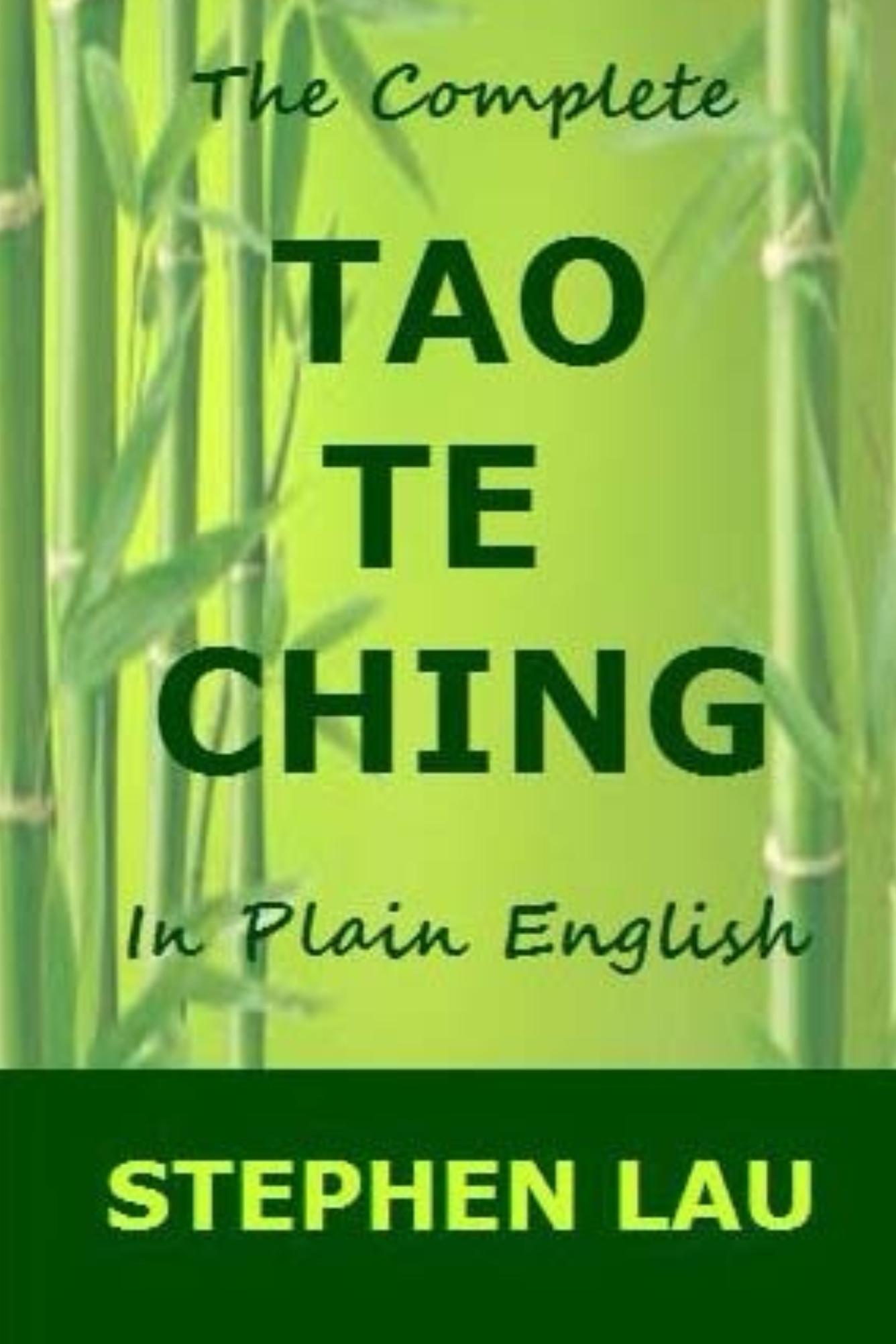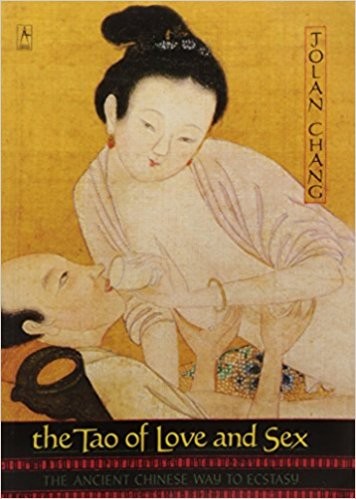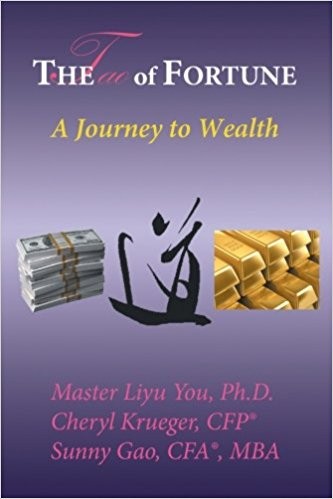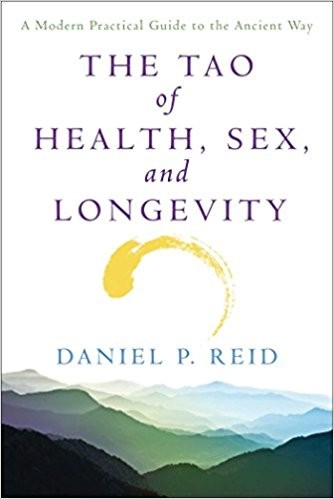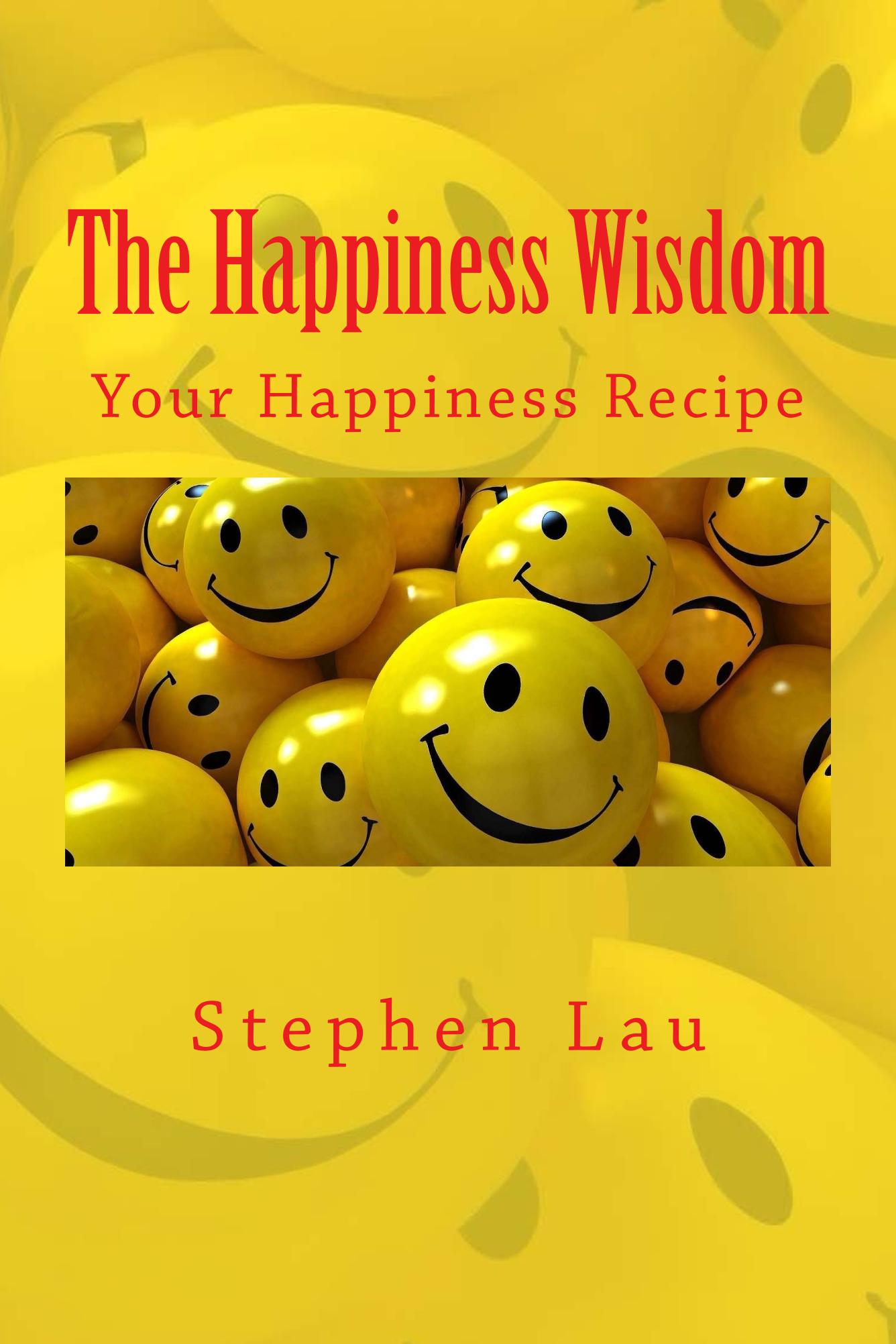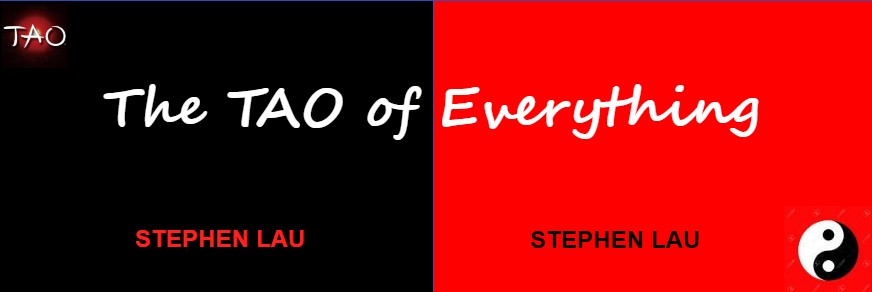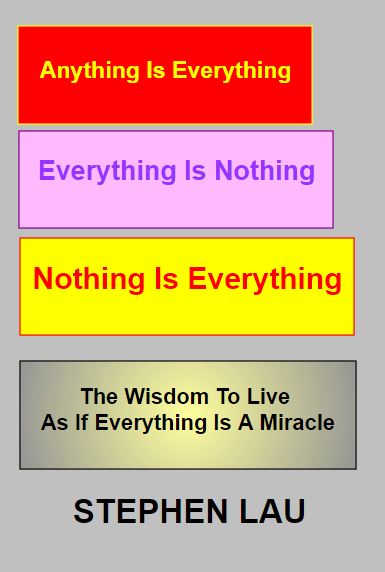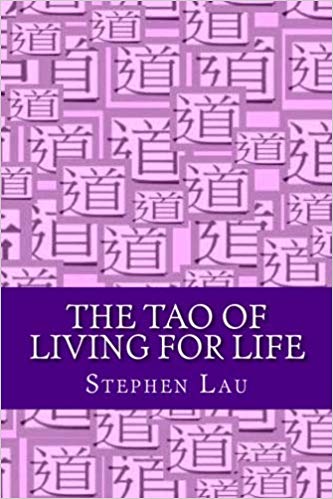

The Complete TAO TE CHING in Plain English
By Stephen Lau
This book contains the 81 short chapters of the translated text of the ancient Chinese classic on human wisdom, written by the Chinese sage Lao Tzu. It also explains in plain English the essentials of Tao wisdom, which is the profound wisdom of TAO TE CHING.
The Chinese word “Tao” literally means “path” or “way.” The term “the Way” has come to be known as “the path to wisdom.” It derives from Tao Te Ching -- in Chinese, “Te” means “virtuosity” and “Ching” means “classic”-- which is an ancient Chinese classic written around 6th century B.C. by the sage Lao Tzu (meaning “Old Master”).
Tao Te Ching has become one of the most translated works in world literature, probably ranking with the Bible as one of the top ten in popularity. This book has altogether 81 very short chapters written in exactly 5,000 words with no punctuation mark. All the punctuation marks in the text were subsequently added by scholars over the centuries.
The original text of Tao Te Ching in Chinese is difficult to understand, not to mention to translate it into another language, because the text without any punctuation mark was intended to be controversial and open to multiple interpretations. It should be noted that Lao Tzu was reluctant to put down his wisdom in words; as a matter of fact, he was specifically told by the guard at the city gate that he could not leave China for Tibet unless he had put down his words of wisdom.
According to Lao Tzu, true human wisdom comes from the mind of an individual: how that unique individual processes the data in the mind; therefore, there is no blueprint for true human wisdom. Unlike Confucius, the well-known Chinese philosopher who had many publications, as well as many disciples and followers, Lao Tzu’s only publication was Tao Te Ching, written in only 5,000 words. Many scholars subsequently interpreted his immortal classic, leading to controversy and even the formation of the Taoist religion-it must be pointed out Lao Tzu never intended his wisdom to become a religious belief.
Tao wisdom is profound wisdom that may not be easy to understand despite its apparent simplicity, such as “the softest overcomes the hardest” and “the long and the short are only relative”, among many others paradoxical statements.
Tao wisdom from Tao Te Ching is intriguing because it is simple and open to various different interpretations. It is like the three blind men, touching different parts of an elephant, who try to describe what an elephant may look like.
To illustrate, the following is taken from the first chapter of Tao Te Ching:
"The name that can be named is not the eternal name.
As nameless, it is the origin of all things;
As named, it is the mother of 10,000 things
Ever desireless, one can see the mystery of all things.
Ever desiring, one sees only their manifestations.
And the mystery itself is the doorway to all understanding."
(Lao Tzu, Tao Te Ching, Chapter One)
The above is a very close, almost word-for-word, translation of the original Chinese text.
The following is my own translation in plain English, as well as my own interpretation, of the first chapter of Tao Te Ching (the author's own interpretation is given in brackets):
"If we could understand the Creator or explain His ways, then He is no longer infinite and eternal. (Human wisdom is limited and therefore we can never use human wisdom to understand or explain the ways of Nature or the Creator.)
Mankind, once given a name with an identity, is only the source or the origin, but not the creator, of all things. (Man invents but does not create something out of nothing; only the Creator, who is nameless with no identity, creates everything out of nothing.)
Ever humble, we see the mystery of all things in the Creator's realm of creation. (With humility, we may understand why things were created.)
Ever boastful, we see only the manifestations of all things created. (With pride, we see the wonders of our own inventions, but not the mystery of the Creator’s creations or why they were created by the Creator in the first place.)
And the mystery itself is the pathway to attaining greater spirituality and further understanding of the Creator. (Not knowing everything, ironically enough, leads to further understanding of the purpose of creation by the Creator.)
Indeed, Tao wisdom is profound human wisdom that requires self-intuition to have greater understanding of the Creator, who is in control of everything created by Him; this further understanding may be instrumental in enhancing human wisdom. For this reason, paradoxically, Tao was later on evolved into the Taoist religion in China. Tao wisdom was meant to show only what true human wisdom really is.
Get the Tao Wisdom Resources to have a better understanding of spontaneity, such as what goes up must also come down, success is always followed by failure, and the natural cycle of the four seasons.
To get a copy of The Complete TAO TE CHING in Plain English, click here.
Stephen Lau
Copyright© 2018 by Stephen Lau
By Stephen Lau
This book contains the 81 short chapters of the translated text of the ancient Chinese classic on human wisdom, written by the Chinese sage Lao Tzu. It also explains in plain English the essentials of Tao wisdom, which is the profound wisdom of TAO TE CHING.
The Chinese word “Tao” literally means “path” or “way.” The term “the Way” has come to be known as “the path to wisdom.” It derives from Tao Te Ching -- in Chinese, “Te” means “virtuosity” and “Ching” means “classic”-- which is an ancient Chinese classic written around 6th century B.C. by the sage Lao Tzu (meaning “Old Master”).
Tao Te Ching has become one of the most translated works in world literature, probably ranking with the Bible as one of the top ten in popularity. This book has altogether 81 very short chapters written in exactly 5,000 words with no punctuation mark. All the punctuation marks in the text were subsequently added by scholars over the centuries.
The original text of Tao Te Ching in Chinese is difficult to understand, not to mention to translate it into another language, because the text without any punctuation mark was intended to be controversial and open to multiple interpretations. It should be noted that Lao Tzu was reluctant to put down his wisdom in words; as a matter of fact, he was specifically told by the guard at the city gate that he could not leave China for Tibet unless he had put down his words of wisdom.
According to Lao Tzu, true human wisdom comes from the mind of an individual: how that unique individual processes the data in the mind; therefore, there is no blueprint for true human wisdom. Unlike Confucius, the well-known Chinese philosopher who had many publications, as well as many disciples and followers, Lao Tzu’s only publication was Tao Te Ching, written in only 5,000 words. Many scholars subsequently interpreted his immortal classic, leading to controversy and even the formation of the Taoist religion-it must be pointed out Lao Tzu never intended his wisdom to become a religious belief.
Tao wisdom is profound wisdom that may not be easy to understand despite its apparent simplicity, such as “the softest overcomes the hardest” and “the long and the short are only relative”, among many others paradoxical statements.
Tao wisdom from Tao Te Ching is intriguing because it is simple and open to various different interpretations. It is like the three blind men, touching different parts of an elephant, who try to describe what an elephant may look like.
To illustrate, the following is taken from the first chapter of Tao Te Ching:
"The name that can be named is not the eternal name.
As nameless, it is the origin of all things;
As named, it is the mother of 10,000 things
Ever desireless, one can see the mystery of all things.
Ever desiring, one sees only their manifestations.
And the mystery itself is the doorway to all understanding."
(Lao Tzu, Tao Te Ching, Chapter One)
The above is a very close, almost word-for-word, translation of the original Chinese text.
The following is my own translation in plain English, as well as my own interpretation, of the first chapter of Tao Te Ching (the author's own interpretation is given in brackets):
"If we could understand the Creator or explain His ways, then He is no longer infinite and eternal. (Human wisdom is limited and therefore we can never use human wisdom to understand or explain the ways of Nature or the Creator.)
Mankind, once given a name with an identity, is only the source or the origin, but not the creator, of all things. (Man invents but does not create something out of nothing; only the Creator, who is nameless with no identity, creates everything out of nothing.)
Ever humble, we see the mystery of all things in the Creator's realm of creation. (With humility, we may understand why things were created.)
Ever boastful, we see only the manifestations of all things created. (With pride, we see the wonders of our own inventions, but not the mystery of the Creator’s creations or why they were created by the Creator in the first place.)
And the mystery itself is the pathway to attaining greater spirituality and further understanding of the Creator. (Not knowing everything, ironically enough, leads to further understanding of the purpose of creation by the Creator.)
Indeed, Tao wisdom is profound human wisdom that requires self-intuition to have greater understanding of the Creator, who is in control of everything created by Him; this further understanding may be instrumental in enhancing human wisdom. For this reason, paradoxically, Tao was later on evolved into the Taoist religion in China. Tao wisdom was meant to show only what true human wisdom really is.
Get the Tao Wisdom Resources to have a better understanding of spontaneity, such as what goes up must also come down, success is always followed by failure, and the natural cycle of the four seasons.
To get a copy of The Complete TAO TE CHING in Plain English, click here.
Stephen Lau
Copyright© 2018 by Stephen Lau

